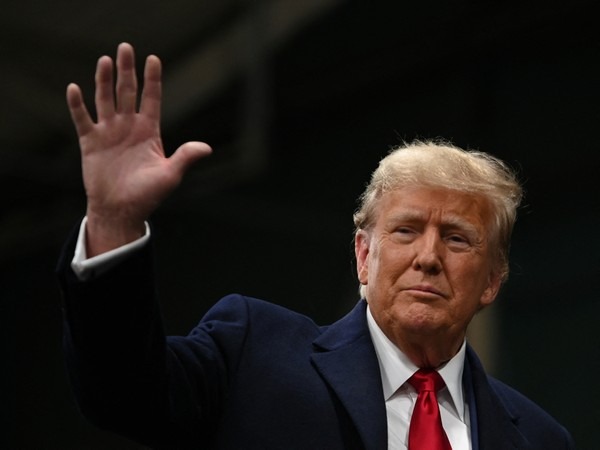Trump vs. The Fed: A Battle Over Borrowing Costs and Inflation
This article discusses the potential conflict between Donald Trump and Federal Reserve Chair Jerome Powell over interest rates and inflation. Trump's policies could lead to high inflation and elevated borrowing costs, challenging the Fed's independence. Historical and international examples highlight the dangers of political interference in central bank decisions.

- Country:
- United States
Donald Trump, during his presidential campaign, promised to reduce high borrowing costs for Americans, a pledge now complicated by anticipated high interest rates. These rates are expected to remain above levels seen before the pandemic, as predicted by various economists.
Trump may cite Federal Reserve Chair Jerome Powell as responsible for the high rates. Trump had nominated Powell but frequently criticized him for maintaining elevated interest rates during his first term, raising concerns about political interference in the Fed's decisions.
The Fed's independence, according to Powell, is crucial for making decisions beneficial to all Americans. Trump's proposals, such as tax cuts and high tariffs, might exacerbate inflation, necessitating the Fed to keep interest rates high, potentially clashing with Trump's economic goals.
(With inputs from agencies.)










